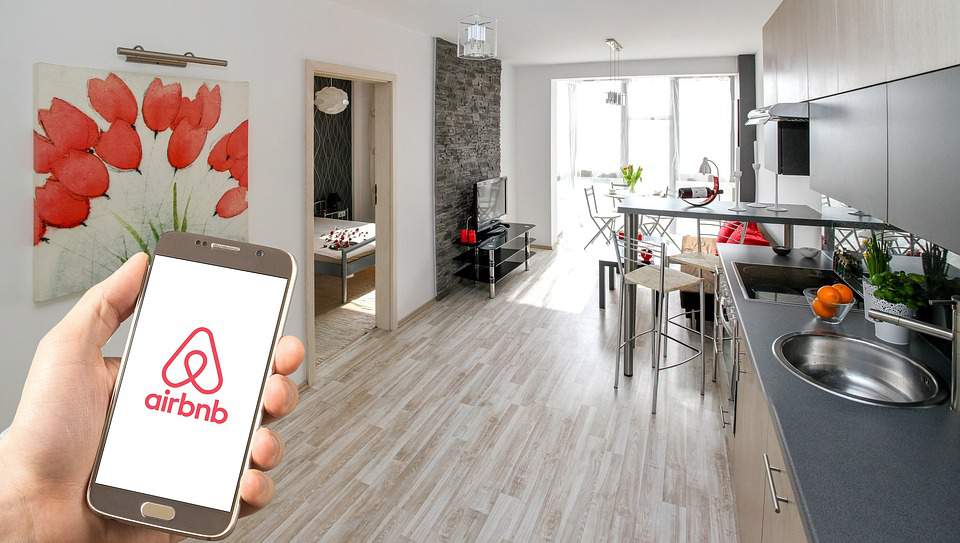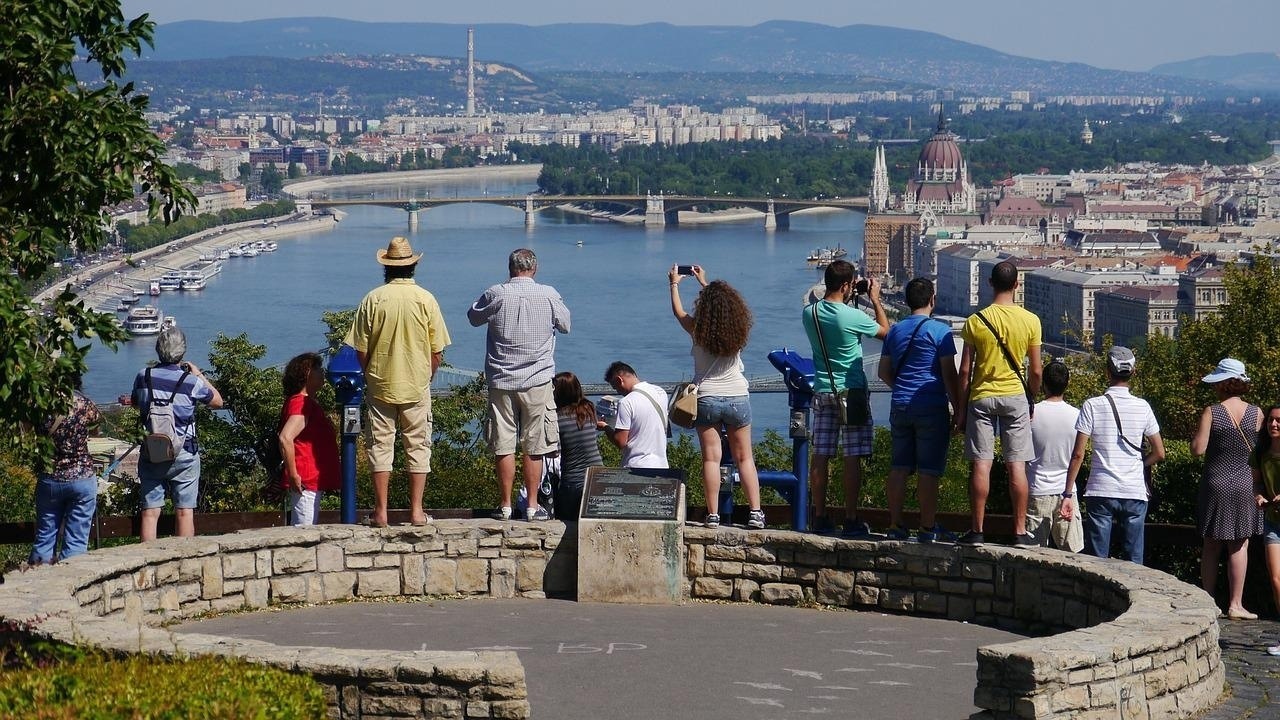Change language:
Potential Airbnb restrictions threaten Hungary’s tourism sector
Hungary’s tourism sector faces potential disruption as experts debate restricting Airbnb and private accommodations. Proposed changes could impact thousands of properties, challenge tourism goals, and significantly affect the economy.
In recent weeks, several tourism experts have discussed a potential overhaul of Airbnb operations and possible restrictions on such accommodations in Hungary, according to Portfolio. If implemented, these changes would significantly impact the tourism sector, affecting an estimated 14,000 to 16,000 properties in Budapest and 30,000 to 35,000 nationwide. Reports suggest plans to limit the operation of private accommodations in Hungary to 150-180 days per year.
This potential policy mirrors those in many European countries, where there is a belief that without private accommodations, tourists would prefer hotels. However, the two groups of visitors—those who choose private accommodations and those who stay in hotels—are generally distinct, with little overlap. Consequently, restricting private accommodations might lead foreign tourists to choose other destinations over Budapest if sufficient accommodations are unavailable.
Airbnb restrictions would contradict current tourism goals

“Although we have also heard about the possible restriction of private and other accommodations, we would like to believe that this is just a rumour, as such a decision does not fit in any way with the development of domestic tourism,” said Pál Frankó, President of the National Association of Rural and Agrotourism.
Balázs Schumicky, President of the Association of Hungarian Apartment Owners, also noted the potential limitation on rental days. He believes such restrictions would render private accommodations in Budapest unfeasible. He argued that existing accommodations cannot be viably restricted, as tourism organisations are striving for economic growth and improvements in tourism quality and quantity.
Proponents of the restriction claim private accommodations have a competitive advantage, but this is not accurate. Laws apply equally to private accommodations and hotels, including fire safety regulations and others.

Schumicky further explained that many think limiting private accommodations would increase hotel occupancy. However, international surveys indicate that three-quarters of guests in private accommodations would not choose hotels; they would instead seek other locations. For instance, American tourists tend to prefer hotels, while French and German guests usually prefer Airbnb-listed accommodations.
Many advocate for restricting private housing due to the housing crisis. However, abolishing private housing in rural areas would drive more people to Budapest for jobs, increasing housing demand there.
Additionally, they emphasised that without the 30,000 to 35,000 private accommodations in Hungary, the Hungarian Tourism Agency’s 2030 strategy could not be achieved. Tourism contributes 11-14% of Hungary’s GDP, and potential restrictions on private accommodations would also negatively impact restaurants and other hospitality businesses.
Read also:
Accommodation prices skyrocket in Hungary – Read here
Record visitor numbers in Hungary! – Read here








This is not a question that should be decided by the government, even just municipal authorities. It is for every condo to figure out for itself.
The best way to reduce the cost of housing is to build more housing.
Maybe consider allowing AirBnb rentals 365 days for newly built specially approved housing. Residents win, entrepreneurs win and tourists win.
Win win win.